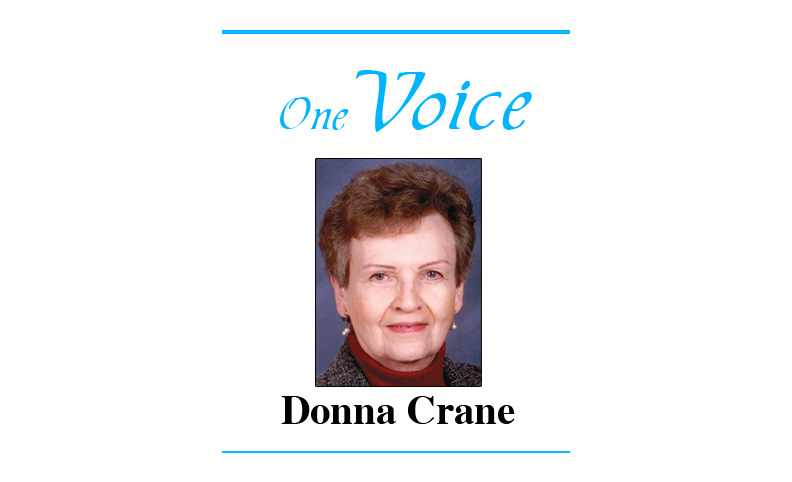
Reprinted from August 19, 2021
First of two parts
The following article by Dana Kobilinsky printed in The Wildlife Society addresses a decline of birds because of fewer insects.
“ Researchers say caterpillars are one of the most important food sources for insectivorous birds, but they are declining. Credit: Doug Tallamy
“Some studies have documented insect declines. Others have documented bird declines. But scientists hadn’t connected the two — until recently.
“In a study published in Ornithological Applications, researchers found that declines in native plants — and the resulting drop in insects — may be causing the number of terrestrial, insectivorous birds to fall.
‘“Invasive species have penetrated ecosystems and replaced native plants just about everywhere. Human-dominated landscapes make up a huge area,’ said Doug Tallamy, a professor of entomology and wildlife ecology at the University of Delaware who conducted the study with his University of Delaware co-author, Greg Shriver. “When we allow that to happen, it decreases the insect populations our birds need.”
“Recent research has shown that the U.S. and Canada have lost 39% of their birds in the last 50 years. Ninety percent of them were terrestrial birds that require insects to eat and feed their young.
“With that in mind, Tallamy and Shriver classified birds known to be declining — based on the Breeding Bird Survey — into two groups: Those that require insects and those that don’t. They found that in the last 50 years, birds that don’t need insects actually gained about 26 million individuals. Species that require insects, however, lost an average of 2.9 billion individuals.
“In reviewing previous research, they discovered that populations of insectivorous birds fluctuate with the supply of prey, but their options can be limited. Caterpillars, they found, are particularly important, helping fill the birds’ fat reserves on their Spring migrations.
Dana Kobilinsky is associate editor at The Wildlife Society. Contact her at dkobilinsky@wildlife.org with any questions or comments about her article. You can follow her on Twitter at @DanaKobi.
Continued next week

